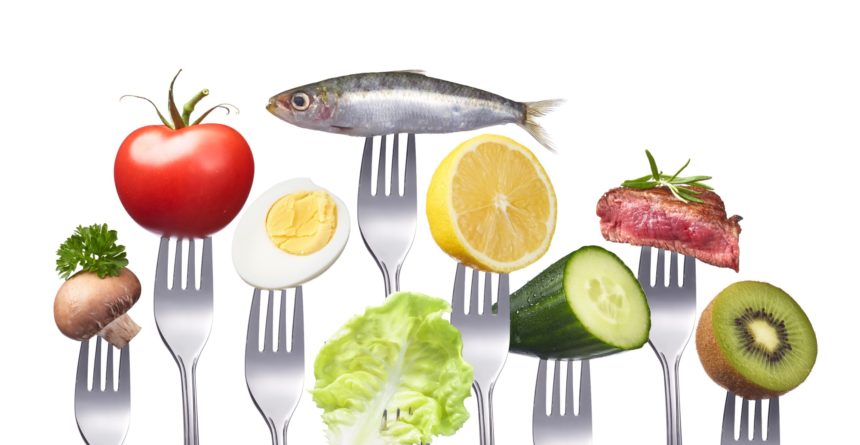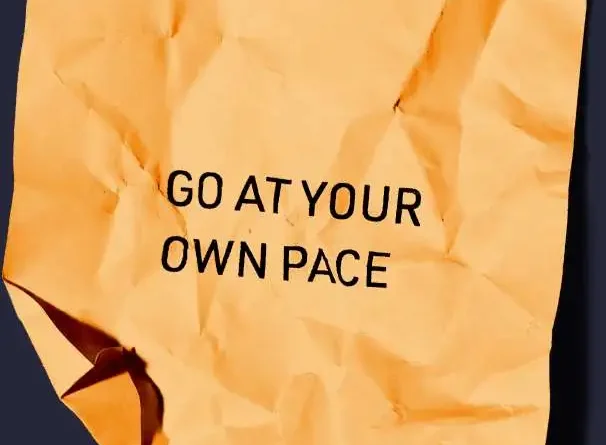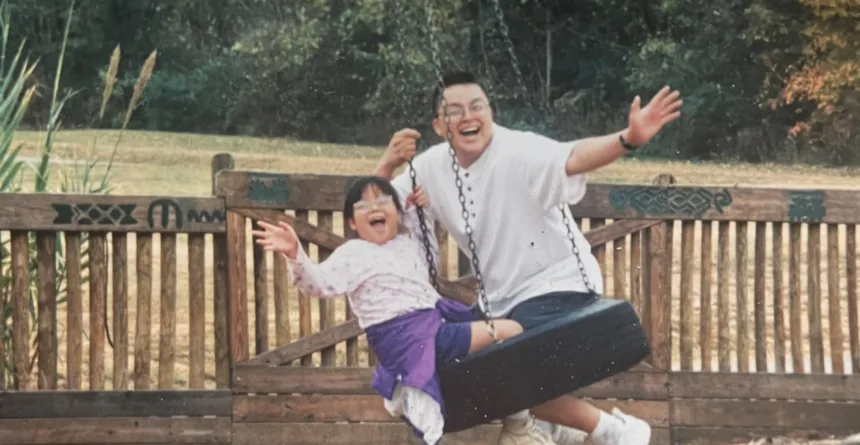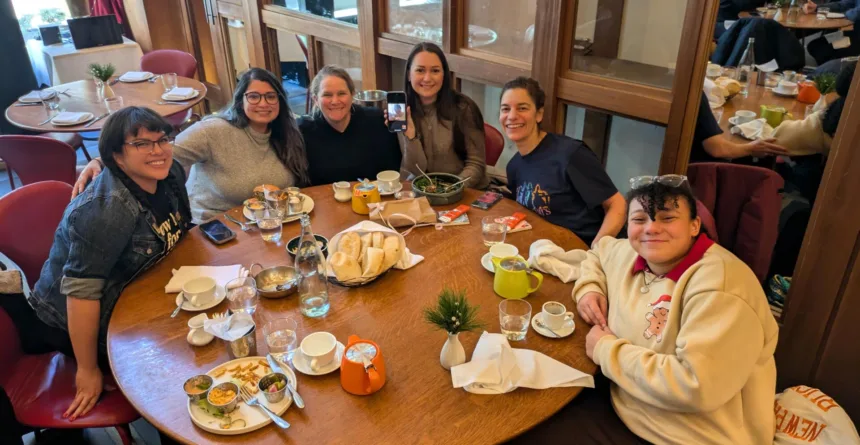What is Intuitive Eating?
March 29, 2022

Intuitive eating is a practice based on the idea that our body gives us accurate hunger and satiety ques if we are willing to listen. Many of us numb or learn to ignore these ques over time because we are under the impression that if we are “good” (aka disciplined enough to restrict our food consumption in quantity, content, or both) then we will be healthier, happier, smaller, and more worthy of love and belonging. However, that is not how our bodies function, and discipline has nothing to do with it. In reality, restricting inevitably increases our huger hormones and creates compulsive thoughts about food until we are “bad”. Our bodies override our intentions as a natural protective mechanism. When we restrict, it leads to the exact opposite of our intended outcome.
How do I do it?
In order to intuitively eat, we must re-familiarize ourselves with the messaging our bodies are giving us about food. How do you know you are hungry? What are the sensations you experience? Allow yourself to experience these feelings and honor your hunger. Is your body calling for the crunch of carrots, the chewiness of pizza, or some other sensation? Pay attention to the way these sensations change as you eat. How do you know you are satiated? What are the sensations you experience? Honor your fullness.
The Challenge
A huge challenge with intuitive eating is giving yourself unconditional permission to eat. For example, let us say you want to intuitively eat a burrito. You are trying to listen to body satiety ques. However, your brain knows that, tomorrow, you might consider burritos “bad” and restrict them. You might notice a strong desire to continue eating it, because when will you have another chance eat a burrito? Your brain will be thinking that this food is special, and you should take advantage of the access while you can. All of that mental chatter drowns out your satiety ques, and suddenly you realize that you ate enough burrito to feel uncomfortable, long past what your body called for. You then label yourself undisciplined and experience shame, because you would be smaller and therefore more worthy of love and belonging if you could just be better at restricting. In reality, unconditional permission to eat allows us to eat until our bodies feel nourished, and then honor satiety sensations by stopping.
A Fear
A common fear with intuitive eating is that letting go of the instinct to restrict will cause us to gorge ourselves until we get bigger, which will make us less happy, less healthy, and less lovable. However, a significant amount of high-quality research suggests that all of those beliefs are untrue. There is a lot of unlearning involved in intuitive eating, especially at the start. Remember, it is a practice. Some days will be easier than others, and there is no finish line. If you are having a tough day with body image and restricting/binging, it does not mean you failed. It means that you are living in a challenging society and you are attempting something very difficult. In January of 2021, CNN reported that the diet industry is a 71 billion dollar industry, meaning there are very powerful businesses motivated to inundate us with content reinforcing negative body image and a desire to fix ourselves (which will be easy so long as you pay for their product!). The propaganda layered on top of interpersonal interactions with (often well meaning) friends, colleagues, and loved ones who have internalized the diet industry’s harmful messages. Clearly, there are tremendous obstacles to developing peace with food. If you are struggling, offer yourself some compassion (you are worth it!), use your coping skills, and start fresh again tomorrow.
Other Factors To Consider
Intuitive eating acknowledges that we eat for many reasons outside of hunger. Food can represent comfort, celebration, community, and so much more. Sometimes, these things take precedence over our body ques. In these scenarios, self-awareness is key. Why are you overriding these ques? If you are comfortable with that choice, then great! You do not have to turn down an ice cream run with friends just because you are not currently hungry. However, if you are aware that you are eating past the point of satiation regularly because you experience anxiety and the food helps you to self soothe, it seems worthwhile to explore other ways to meet that need.
Privilege Plays a Part
It is important to note that there is a tremendous amount of privilege involved in intuitive eating. Firstly, it is contingent upon reliable access to a broad array of different foods. Second, it requires time, focus, and energy, which are all far more accessible with the support of financial resources.
Intuitive Eating and Trauma
After experiencing trauma, it might not feel safe or comfortable to experience your body’s sensations. Offer yourself some grace and patience. Work with your therapist to process and heal until you feel ready to begin this practice. Healing is not linear, and there might be days when intuitive eating is simply not a fair expectation of yourself. That is okay! You have unlimited chances to start over, and it is a beautiful act of bravery to even try. Just know that I’m here at Steady NYC in your corner rooting for you.



